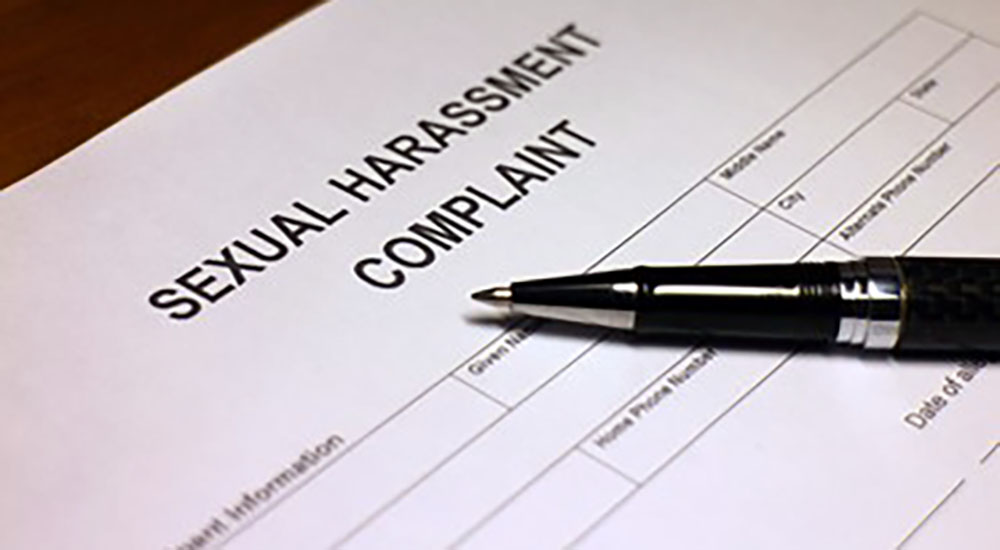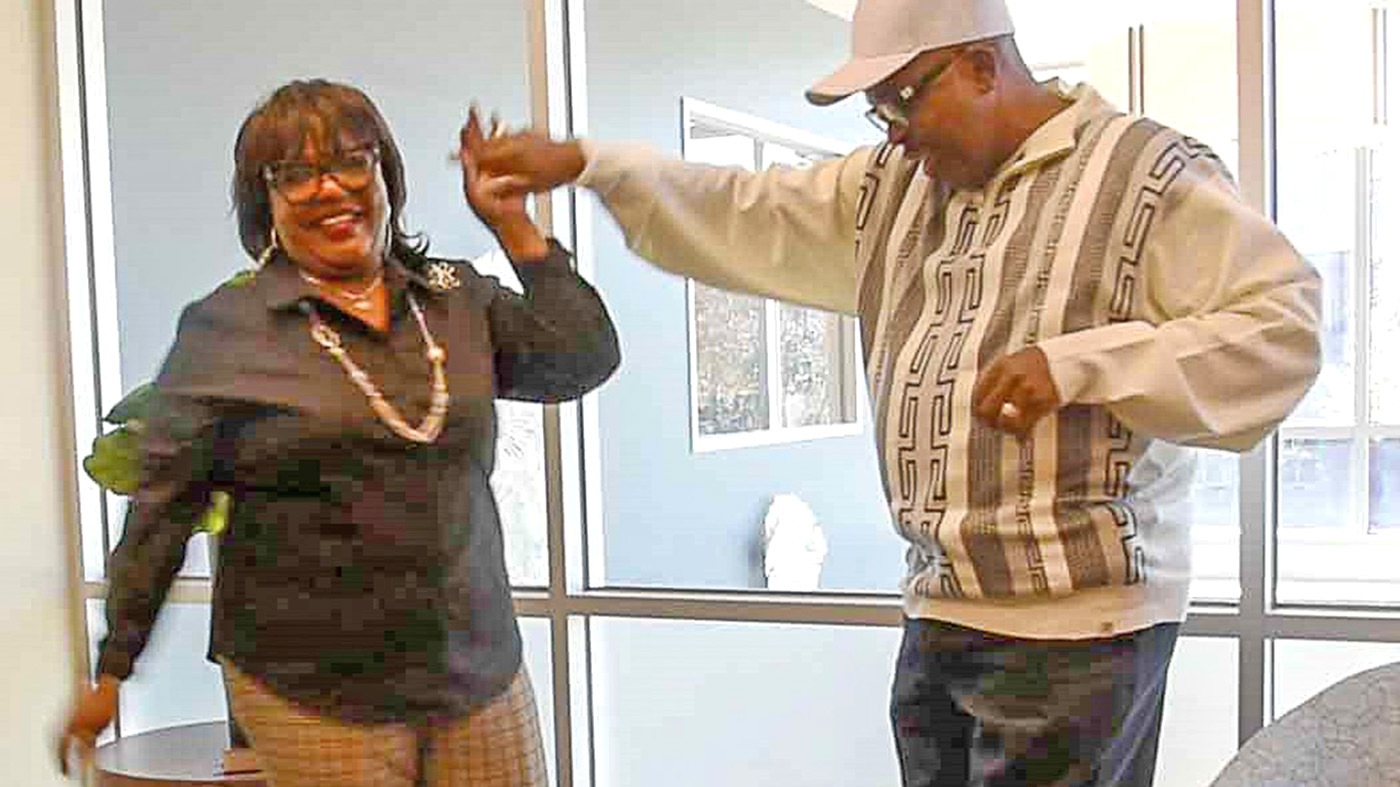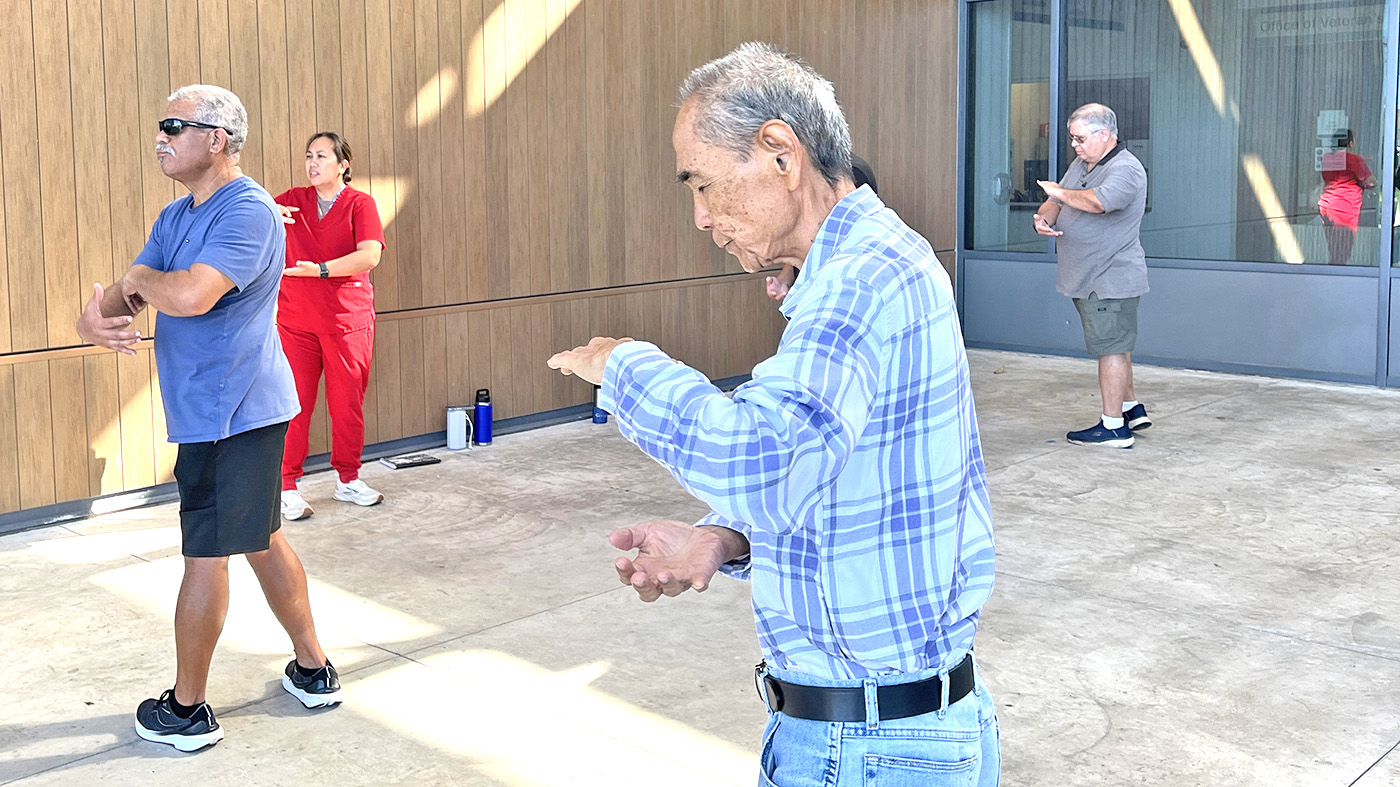VA Secretary Denis R. McDonough strongly encourages those who witness harassment to support their fellow Veterans by reporting it.
All instances of harassment are inappropriate and will not be tolerated at VA. A comment or behavior that makes another feel uncomfortable could be considered harassment. VA maintains a long-standing, zero-tolerance policy toward harassment and sexual assault.
“Experiencing, or exposure to, harassment can impact us all,” McDonough added.
When an incident is observed and not reported, it can embolden the harasser to continue the inappropriate conduct and make the experiencer feel unsafe, disrespected and unwelcome.
 Anyone can report
Anyone can report
Anyone can safely report instances of harassment and sexual assault at VA or VA health care facilities, including bystanders who witness an incident or those who were told about an incident.
Learn how
A free and confidential, 30-minute online VA course offers bystander intervention training and teaches skills on how to recognize, safely intervene (if appropriate) and report incidents of harassment and sexual assault.
Report incidents as soon as possible
VA takes all reports seriously. All reports will be investigated, and appropriate action will be taken. VA encourages reporting incidents as soon as possible to ensure the experiencer gets access to care and timely action can be taken.
“Sometimes those who experienced sexual assault or harassment just want to handle it on their own,” explained Erinn Izykowski, of the VA Assault and Harassment Prevention Office. “They recognize that what happened to them is not acceptable but they may try to dismiss it and just deal with it themselves.”
They do not have to go it alone. VA is dedicated to ensuring the report is taken seriously and that everyone is aware of the services available to aid recovery.
Barriers to reporting
In national surveys, concerns about confidentiality and fear of being blamed often top the list of barriers to reporting. In workplace settings, fear of retaliation or reprisal is a common barrier for those who do not report.
Choosing whether or not to report is personal and VA provides multiple avenues to make reporting more comfortable.
Reporting at VA
For incidents of harassment or sexual assault at a VA facility, individuals should inform a VA employee such as the patient advocate, Vet Center director, VA police, Harassment Prevention Coordinator, or cemetery director.
“There is no wrong door for reporting an incident of harassment or sexual assault,” explained Izykowski, who said an individual may want to see their provider or therapist to report an incident. “Whomever they feel comfortable reporting to is the right person.”
Topics in this story
More Stories
Army Veteran Larry Scales had his first heart attack in 1999. After his third heart attack he sought help at the Michael E. DeBakey VA.
Learn how VA can help you keep independent while still receiving support when you need it.
Pacific Island VA holds two tai chi classes in Kapolei. The classes started virtually and moved to face-to-face recently.






When you report any type of wrong doing by the VA hospital staff it is covered up by the very people who is paid to protect the veterans.
I was assaulted by a patient in December of 2018. The Oklahoma City VA coveted it up. In fairness it was not the patients fault, it was team 3 doctors. Who by the way, use vets as Test subjects. I have PTSD d/t MST. The navy knew it, they sent me for a command directed psych eval. They’re only concern was if I was deployable. She noted I couldn’t leave the states again because of issues on my previous deployment. I was denied benefits. Even though I was seeing counselors for years, 4 during the military. When I went to them I was angry, suicidal, depressed and still avoid people and many things. No trust since it happened. My spouse, who is now an ex told me they were tired of my “military trauma drains”. So I thought about suicide the month after I retired. I thought about it again after I was assaulted at work and found out they were hiding everything.
Imagine my disgust when I found out they after all these years they had lost all my diagnosis. Do you say we matter, I think not. You say you care, I think not. Why do you think women don’t visit you because there are quite a few in Oklahoma. Hire done female vets to help and you might put a dent in it. But you will never change. It’s all about the men as the person from ILH told me. “They come first”.
Thank you for sharing your story and concerns with VA. We recognize how difficult it can be to come forward. VA has Women Veteran Program Managers who would love an opportunity to help you navigate VA healthcare services including Military Sexual Trauma (MST) counseling services. You can call, text, or chat online with the Women Veterans Call Center (WVCC) at 855-829-6636 to get help and find available resources and services in your area. Trained women representatives are available Monday through Friday, 8:00 a.m. to 10:00 p.m. ET, and Saturday, 8:00 a.m. to 6:30 p.m. ET. VA also has confidential crisis support available 24 hours per day. Call 1-800-273—8255 and press 1 or text 838255.
VA is a place of healing and wellness. Every person who enters a VA facility should expect to feel safe and to be treated with respect. We encourage persons to report incidents of harassment or assault to the local VA police so that we can investigate and address it immediately.